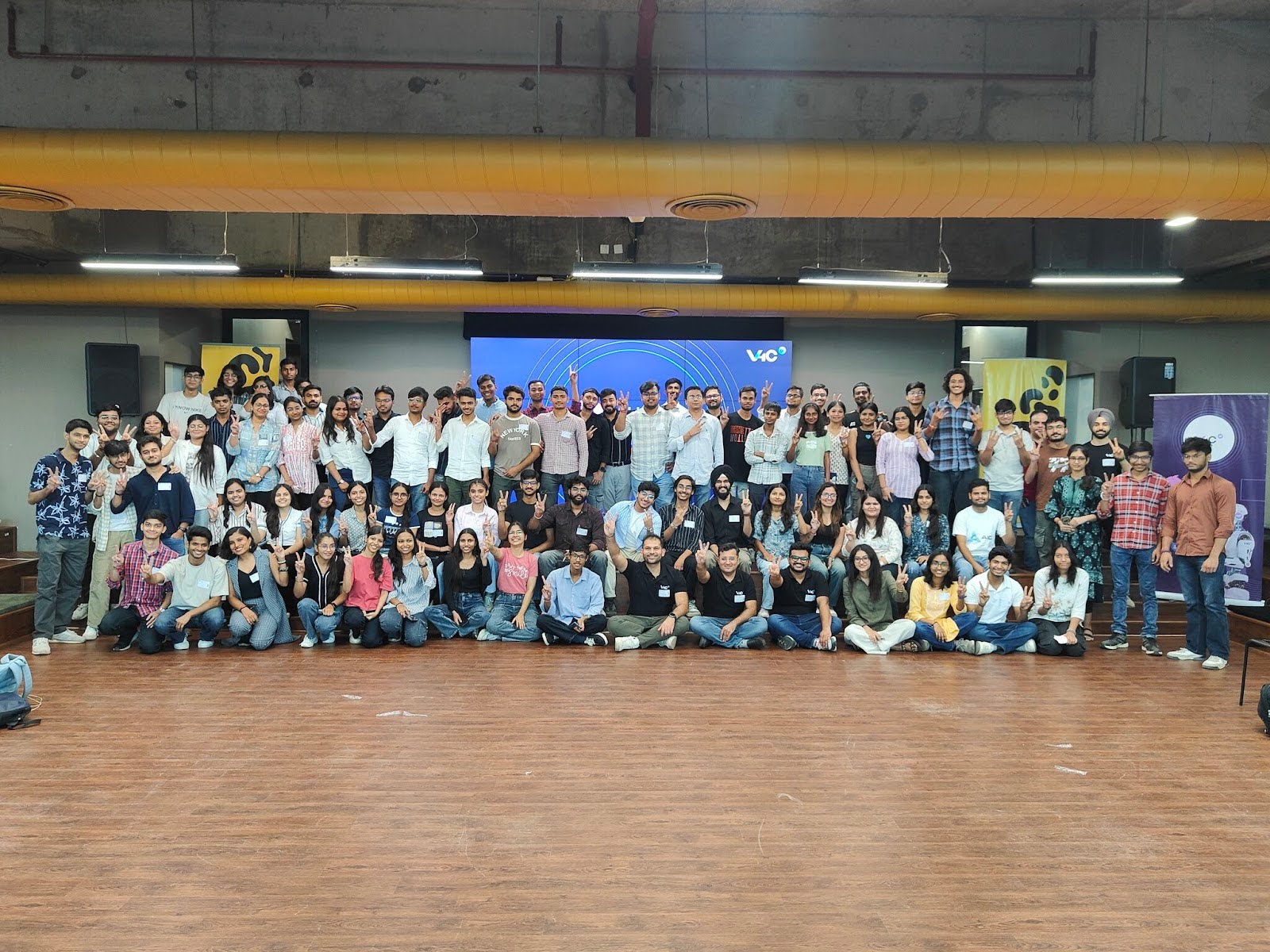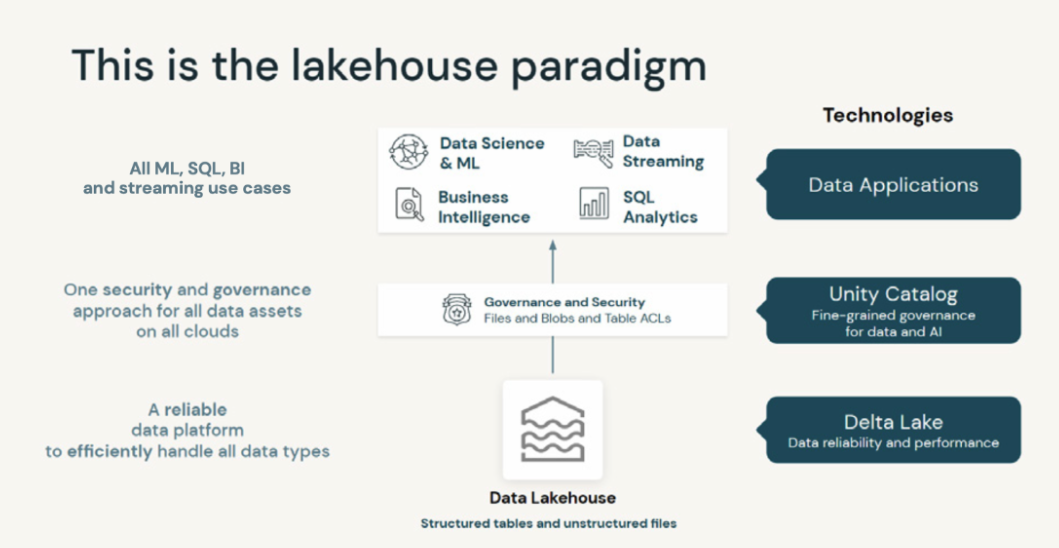Revolutionizing Drug Discovery with GenAI and Machine Learning
Discover how Generative AI in drug discovery is revolutionizing the process by accelerating research, optimizing chemical space, and enabling personalized treatments.

Driven by the increasing complexity of diseases and the growing demand for more effective treatments, drug discovery is evolving rapidly. Traditional methods of drug development, often lengthy and resource-intensive, face significant challenges in identifying and validating new drug candidates. As the pharmaceutical industry seeks innovative solutions to these challenges, Machine Learning (ML) and Generative AI in drug discovery have emerged as game-changers.
These technologies offer unprecedented capabilities to analyze vast datasets, predict drug interactions, and generate novel compounds, significantly speeding up the discovery process. In fact, the global artificial intelligence in drug discovery market was estimated at USD 1.5 billion in 2023 and is expected to grow at a CAGR of 29.7% from 2024 to 2030. By harnessing the power of GenAI and ML, researchers can optimize drug development, enhance accuracy, and ultimately deliver more targeted and personalized therapies.
This blog will explore how GenAI and ML are revolutionizing drug discovery, highlighting their potential to improve efficiency, expand treatment options, and address the complexities of modern medicine. Through a combination of advanced algorithms and data-driven insights, these technologies are not just reshaping the future of pharmaceuticals but also paving the way for innovative healthcare solutions that benefit patients worldwide.
What is Generative AI in Drug Discovery?
Generative AI refers to a subset of artificial intelligence that uses advanced algorithms to create new content, including pharmaceutical compounds. In the context of drug discovery, Generative AI models are designed to simulate and generate novel molecular structures based on predefined criteria, such as specific biological targets or desired therapeutic effects. This innovative approach allows researchers to explore a vast chemical space that would be impractical to examine using traditional methods.
Generative AI algorithms analyze extensive datasets, which include chemical structures, biological interactions, and clinical trial results. By leveraging machine learning techniques, these algorithms identify patterns and relationships within the data, enabling them to predict the properties and behaviors of potential drug candidates. This process not only accelerates the identification of promising compounds but also enhances the likelihood of success in subsequent stages of development. Through this data-driven approach, Generative AI is transforming how new drugs are conceived, designed, and ultimately brought to market.
Key Benefits of ML and GenAI in Drug Discovery
- Efficiency and Speed
Generative AI in drug discovery significantly accelerates traditional processes by rapidly generating vast libraries of virtual compounds. Unlike conventional methods, which can take years to identify viable candidates, GenAI enables researchers to quickly assess multiple possibilities, optimizing resource allocation and reducing time-to-market for new drugs. This streamlined approach enhances productivity and allows teams to focus on the most promising candidates for further development. - Expanding Chemical Space
One of the most compelling advantages of Generative AI is its ability to explore novel chemical structures that human researchers may not have considered. By leveraging machine learning to analyze extensive datasets, GenAI can identify unique molecular configurations, paving the way for innovative drug candidates with improved efficacy and reduced side effects. This expansion of chemical space opens new avenues for developing treatments that address unmet medical needs. - Targeted Treatments
Generative AI excels in predicting drug candidates tailored for specific diseases. By training on large datasets of known drug-target interactions, GenAI models can generate compounds that are more likely to be effective for particular conditions. This targeted approach enhances the likelihood of successful outcomes in clinical trials, ultimately leading to more effective treatments for patients. - Overcoming Data Limitations
Traditional drug discovery often faces challenges due to the limited availability of high-quality data. Generative AI addresses this issue by generating synthetic data that can be used to train models and improve their accuracy. This approach not only bolsters the robustness of predictions but also enables researchers to fill gaps in existing datasets, enhancing the overall drug discovery process. - Facilitating Collaboration
Generative AI fosters enhanced collaboration among researchers by providing platforms that facilitate idea exchange and knowledge sharing. With tools that allow for multi-turn conversations and interactive discussions, scientists can work together more effectively to solve complex challenges in drug discovery. This collaborative environment promotes innovation and accelerates breakthroughs, driving progress in the field.
Challenges and Considerations
- Data Privacy and Security
While the integration of Generative AI in drug discovery offers significant advantages, it also raises concerns regarding data privacy and security. The sensitive nature of pharmaceutical data, including patient information and proprietary research, necessitates stringent safeguards to prevent unauthorized access and data breaches. Organizations must implement robust security measures and comply with HIPAA regulations to protect sensitive information while leveraging AI technologies. - Regulatory Concerns
The application of Generative AI in drug discovery also faces regulatory challenges. Regulatory bodies are still evolving their frameworks to address the unique complexities of AI-driven drug development. Companies must navigate these regulations carefully to ensure compliance, which can sometimes slow down the innovation process. Engaging with regulators early and often is crucial for fostering a clear understanding of how GenAI technologies operate and the safety measures in place. - Transparency and Interpretability
The “black box” nature of many AI algorithms poses challenges in terms of transparency and interpretability. Stakeholders, including regulatory bodies and healthcare professionals, require insights into how GenAI models arrive at their conclusions. Developing models that are explainable and provide clear rationales for their predictions is essential for gaining trust and ensuring that stakeholders are comfortable with the technology’s applications in drug discovery. - Ethical Considerations
As with any advanced technology, the use of Generative AI raises ethical considerations. Questions surrounding the use of synthetic data, bias in algorithmic decision-making, and the potential for unintended consequences must be addressed. Organizations should establish ethical guidelines and frameworks to govern the use of AI in drug discovery, ensuring that the benefits of the technology are realized while minimizing risks to patients and society. - Collaboration and Skill Gaps
Successful adoption of Generative AI requires collaboration between data scientists, biochemists, and regulatory experts. However, there may be skill gaps within organizations that hinder effective implementation. Investing in training and development programs is essential to equip teams with the necessary knowledge and skills to leverage GenAI technologies effectively. Building interdisciplinary teams can foster a more integrated approach to drug discovery, enhancing the chances of success.
The Future of Drug Discovery with GenAI and ML
Personalized Medicine
- Shift Towards Individualization
The integration of Generative AI and machine learning is paving the way for personalized medicine, where treatments are tailored to individual patient profiles. By analyzing genetic information, lifestyle factors, and disease characteristics, GenAI can design drug candidates that target specific patient needs. - Enhanced Treatment Efficacy
Personalized therapies have the potential to improve treatment outcomes by ensuring that patients receive drugs that are most likely to be effective for their unique biological makeup, thereby reducing trial and error in treatment selection.
Rare Disease Treatments
- Addressing Neglected Diseases
Many rare diseases lack effective treatments due to limited research interest and market potential. GenAI can significantly enhance the drug discovery process for these neglected diseases by rapidly generating and testing new compounds that traditional methods may overlook. - Expanding Research Horizons
The ability to explore vast chemical spaces and identify potential drug candidates increases the likelihood of discovering viable treatments for rare diseases, thus offering hope to patients with limited options.
Drug Repurposing
- Repositioning Existing Drugs
Generative AI can identify new therapeutic uses for existing drugs, a process known as drug repurposing. By analyzing the mechanisms of action of current medications, GenAI can uncover opportunities for these drugs to treat different conditions. - Time and Cost Efficiency
Drug repurposing is often faster and less expensive than developing new drugs from scratch, as existing drugs have already undergone significant safety testing. This approach allows for quicker access to treatments, especially in urgent healthcare scenarios.
How Dataiku Fits the Picture?
Dataiku stands at the forefront of integrating Generative AI and machine learning into the drug discovery process, providing a comprehensive platform that enhances efficiency and collaboration among researchers. Here’s how Dataiku contributes to this transformative landscape:
1. Centralized Data Management: Dataiku allows teams to consolidate and manage vast datasets from various sources, including clinical trials, chemical databases, and genomic information. This centralized approach facilitates comprehensive analysis and accelerates the drug discovery process.
2. Advanced Machine Learning Capabilities
- Automated Machine Learning (AutoML)
With AutoML features, Dataiku enables researchers to quickly build and evaluate predictive models, streamlining the identification of potential drug candidates. This automated process saves time and resources, making it easier to focus on high-potential compounds. - Custom Model Development
Advanced data scientists can create tailored models using Python, R, and other languages, ensuring that specific research needs are met. Dataiku’s flexibility supports diverse approaches in drug discovery.
3. Enhanced Collaboration Tools
- Facilitating Teamwork
Dataiku promotes collaboration among researchers through shared workflows and integrated communication features. This enhances knowledge sharing and fosters innovative solutions to complex drug discovery challenges. - AI-Powered Assistants
Dataiku includes AI assistants that assist with data preparation, code development, and project documentation. These tools enhance productivity and allow researchers to focus on their core objectives.
4. Robust Governance and Compliance
- Ensuring Data Privacy and Security
Dataiku provides tools for managing data privacy and compliance with regulatory standards, crucial in the highly regulated pharmaceutical industry. This ensures that the use of sensitive data in drug discovery adheres to necessary guidelines. - Transparent Model Validation
The platform offers robust features for model validation and evaluation, helping teams maintain transparency in their processes. This is essential for building trust and credibility in the outcomes of drug discovery projects.
5. Support for Generative AI Applications: Dataiku integrates with top Generative AI services, allowing teams to leverage cutting-edge technologies for drug discovery. This adaptability ensures that researchers have access to the latest advancements in AI, enhancing their capabilities.
How V4C Can Help?
V4C empowers organizations to maximize their data and AI capabilities with end-to-end solutions tailored to your needs. Our team of over 500 professionals, including 250+ certified Dataiku experts, leverages deep product knowledge to enhance data analysis and decision-making. We foster strong partnerships that ensure tailored strategies and drive mutual success. Committed to purpose-driven innovation, we transform creative ideas into practical solutions that challenge the status quo. By harnessing Dataiku’s full potential, we enable informed decisions that enhance operational efficiency, helping you thrive in an ever-evolving business landscape.





.png)
.png)